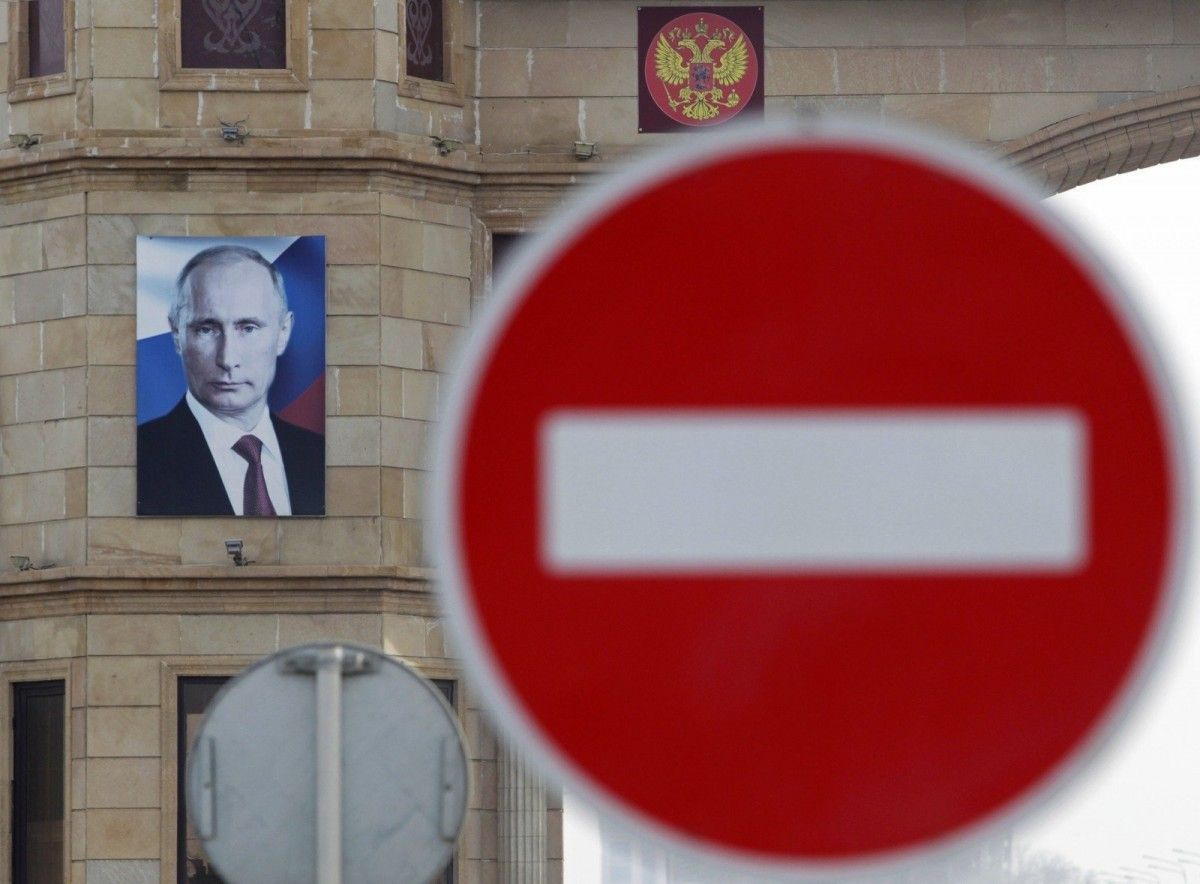
Pressure of sanctions: what awaits gang of "swindlers and thieves"
Sanctions against Russia are not the first and definitely not the last case when restrictive measures are applied in world history. And as the Kremlin is flaunting its alleged global influence, the sanctions simply do their job.
History has seen many instances when restrictive measures where applied to certain states. Today, dozens of countries remain sanctioned all across the world – from Myanmar to Venezuela, from Iran to North Korea and, of course, Russia.
"In general, wherever there are conflicts, there are sanctions," says Maksym Yali, a senior fellow at the Institute of World History of the National Academy of Sciences of Ukraine. "The larger the state, the more serious consequences of sanctions."
Russian political elite has for a long time failed to take restrictive measures seriously, thinking they need to wait out a couple of years until the U.S. administration changes, EU migration problems worsen, and then sanctions are finally lifted. In fact, it turns out that sanctions don’t go anywhere, only threatening to intensify and expand.
The U.S. Treasury recently published an impressive list of Russian oligarchs and high-ranking officials close to the Russian president (the open section of this dossier has over 200 names). The report also included Russian enterprises with a state share of more than 25% and revenues over $2 billion.
The "black list" was published and submitted to Congress as a result of the adoption last summer of the Combating American Adversaries Through Sanctions Act. It applies to Russia, North Korea, and Iran. In addition to expanding economic restrictions against these countries, the Act obliged the U.S. Treasury Secretary to submit to Congress a report on anti-Russian sanctions after consulting with the Director of National Intelligence and Secretary of State.
An important detail is that the report’s publication does not mean that sanctions will automatically be imposed. However, the press secretary of the Russian president, Dmitry Peskov (who is also included in the report) has already stated that listed Russian politicians and businessmen are de facto "called enemies of the United States" and that the very fact of making this information public "can potentially damage the image and reputation of our entrepreneurs, politicians and leadership."
In fact, the Kremlin Report is a demonstration of Russian elite’s vulnerability and dependence on the West, where a significant share of their capital is stored, real estate located, and children studying and living. Therefore it is not surprising that Russian President Vladimir Putin, commenting on the report, said that the Kremlin was "set to take retaliatory steps, serious ones that would have rolled our relations back to zero", but so far Moscow would “refrain” from these steps.
While Russia is talking about the American "political paranoia" and attempts to intimidate Moscow, trying to calm the electorate, UNIAN polled a number of experts regarding the Kremlin Report’s consequences, asking whether new sanctions will lead to increased pressure on Vladimir Putin personally and whether a "palace coup" is possible in Russia in current conditions.
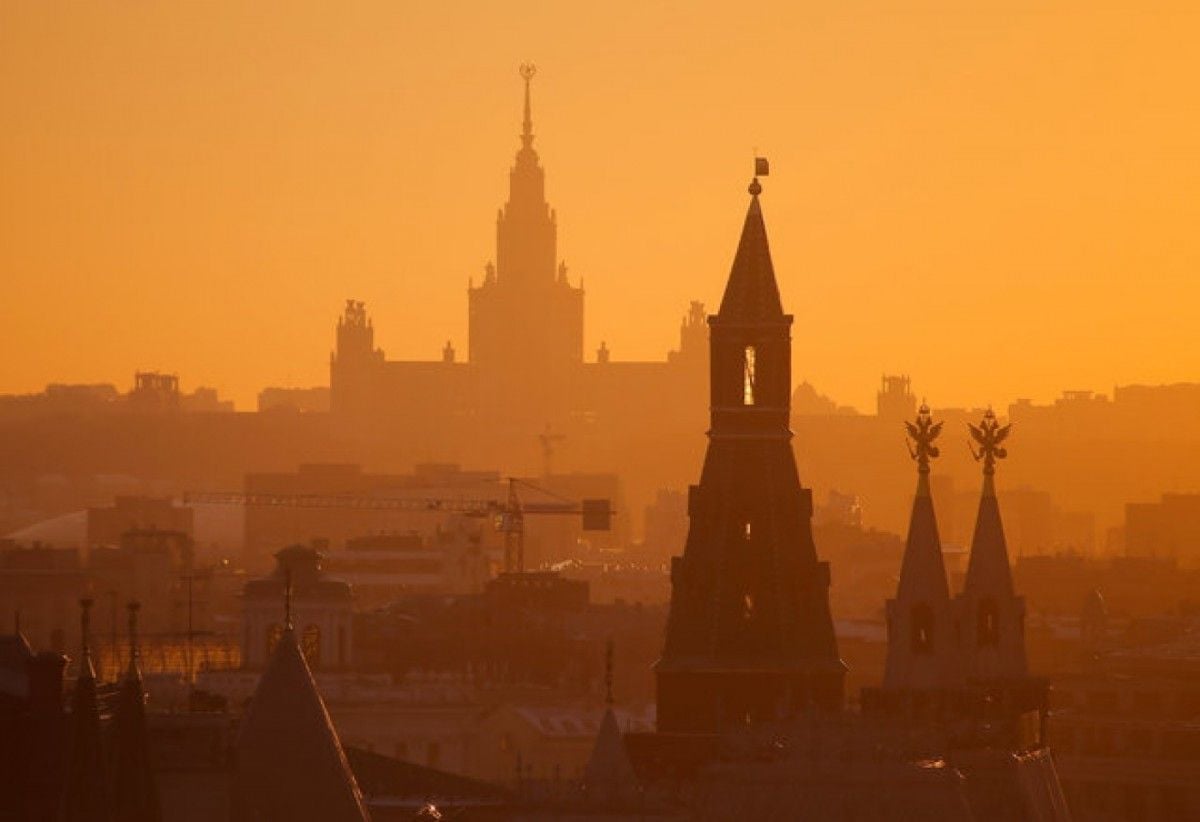
"Burn Notice" for Russian elites
Co-director for foreign policy and international security programs at the Razumkov Center, Oleksiy Melnyk, notes that the main goal of potential new sanctions is to influence the Russian elite, which is widely responsible for actions traditionally attributed solely to the Russian president. Particularly painful may be the inclusion in the secret part of the Kremlin Report of family members of the main Russian actors. "When their children studying abroad, their wives, mistresses of the Kremlin top officials, used to having a good time in the West and go on shopping tours, fall under sanctions, this can have a certain effect on the unity of the Russian elite and, accordingly, one can expect that it will reduce the aggressive stance of Russian politics, since the calculation sees it that sabotage efforts will intensify on the part of the elites against Putin's endeavors," the expert suggests.
Of course, this is unlikely to somehow affect the "choice" of the Russian people in March this year. However, according to the political scientist and head of the board of the Penta Center for Applied Political Studies, Volodymyr Fesenko, the Kremlin Report in itself is a "burn notice", a warning that the people included in the list are potential targets of sanctions.
"The list includes almost the entire Kremlin tops and almost all Russian oligarchs from the Forbes list, even those who are not very close to the leadership. On the other hand, some were not included, for example, head of the Russian Central Bank Elvira Nabiullina, CEO of the state-owned Russian Corporation of Nanotechnologies Anatoly Chubais, and head of the Center for Strategic Research, former Finance Minister Alexei Kudrin, although he is close enough to Putin," notes Fesenko.
It should be separately noted that the list includes people who are usually not targeted by such lists. In particular, it’s about Russian Foreign Minister Sergei Lavrov. "As a rule, diplomats are not included in black lists," says Fesenko.
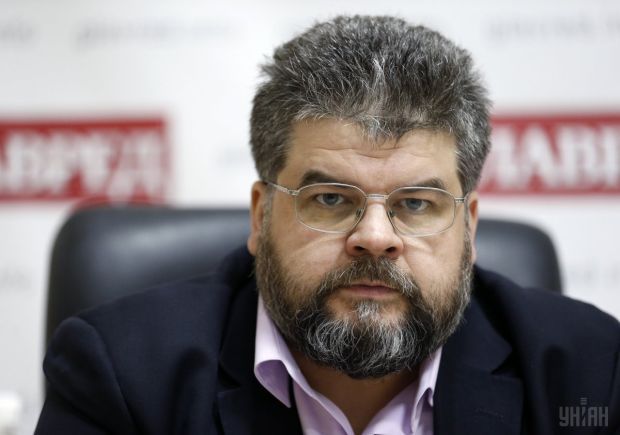
Price of intractability
But can the emergence of the Kremlin Report somehow influence the Donbas settlement? According to the Russian political scientist, PhD in History Lilia Shevtsova, no real progress should be expected: "The Kremlin's official position on the issue was recently voiced by Russian Foreign Minister Lavrov."
Its essence is that Moscow, despite all pressure, does not intend to change its course regarding the Donbas conflict and its understanding of the Minsk agreements. And it is unlikely that any list, even such a vast one, could alter the Kremlin's position and make it more compliant. "Ahead of the presidential elections, Putin cannot afford to go for concessions even if such intractability comes at a cost," the expert notes.
A Ukrainian diplomat, head of the board of the Maidan of Foreign Affairs Foundation, Bohdan Yaremenko, shares this view. According to him, the Kremlin list will definitely lead to negative consequences for the Russian political elite. Their corruption opportunities will be restricted while their style and way of life will be drastically limited. However, Putin uses this as a factor for consolidating his supporters around the idea of confronting "external pressure" and attempts to "put Russia on its knees."
Besides, Yaremenko believes that at the current stage, the expansion and update of sanctions is nothing more than a light stroke. "The current state of sanctions does not allow to drastically influence the political will of the Russian leadership and to stop aggression against Ukraine. Although it deals sensitive, unpleasant blows on Russia, very dangerous for its economy. But, nevertheless, they represent no existential threat to Russia," the diplomat argues.
Whether such a threat appears in the future will depend on exactly what methods of influence on Russia the U.S. Congress chooses (with an eye to the U.S. president who is looking for opportunities for dialogue with the Russian Federation). The current tactic of exerting pressure without putting Moscow in a desperate situation is frankly weak.
However, it is not worth expecting that the U.S. and EU will change this approach. "They will continue to pursue the same tactics - sanctions will be expanded, covering more names and companies, but not embracing new areas of the economy," Yaremenko said.
Incidentally, the Russian elites are also aware of that. And this (so far) has allowed the Kremlin to flaunt its non-existent influence. "We are perfectly aware that even if types of lists are drawn, there are no other contact persons with whom the U.S. authorities could communicate," said Russian Prime Minister Dmitry Medvedev.
According to him, the latest list should not be deemed too important since it will not affect Russia in any way.
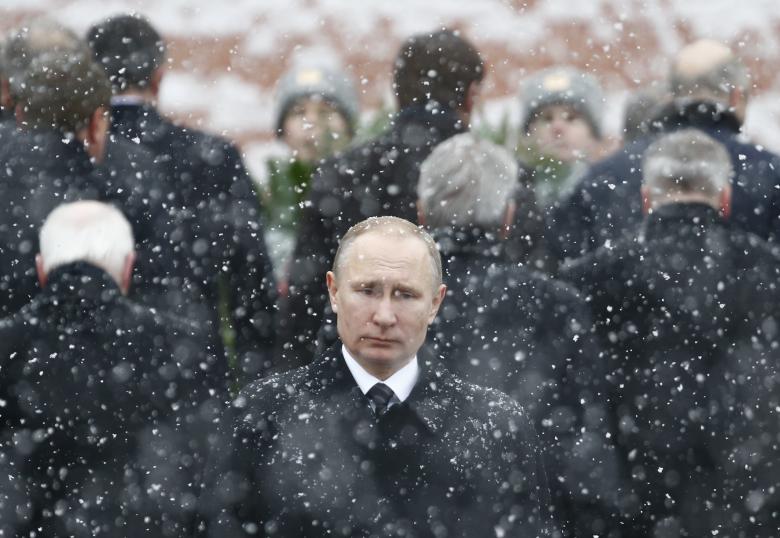
Could there be a coup against Putin?
At the same time, Russian political analyst Lilia Shevtsova believes that the Kremlin Report, especially its classified part, makes the entire Russian establishment toxic and hinders the realization of its interests in the West. "If the power starts weakening and there is some social unrest, even a cowardly establishment will start looking around. But this moment has not come yet," she notes.
Now the Russian elites (all of its assets and rights) depend on the whims of the Russian president. And it is possible that many of those included in the Kremlin Report count on partial compensation for their losses at the expense of the state.
Moreover, there has already been such a precedent. Political scientist Vladimir Fesenko recalls that after the introduction of the first batch of anti-Russian sanctions, Vladimir Putin granted his newly sanctioned friends new large projects, major state orders, and tax breaks so that they could make money. "But the rumor has it that one of these oligarch friends was given a hint that Khodorkovsky’s prison bed has not cooled down yet and it’s vacant," the political scientist said.
However, if we consider that Russia’s entire security block is strongly anti-Western, it is hardly worth expecting any kind of coup there. "Undoubtedly, many people over here want this to happen, but this is a complete utopia and this does not reflect the actual situation in Russia," he notes.
Former U.S. ambassador to Ukraine, now an expert with Brookings Insitutuion in Washington, Steven Pifer, also believes that additional sanctions may inflict more pressure on the Kremlin but could hardly provoke a coup.
According to him, the sanctions are not aimed at changing the regime but at changing its behavior. And in this sense, the goals are being achieved, albeit partially. He believes that even the very prospects of such list’s emergence caused concern in Moscow.
Indeed, Putin and his team are now doing everything possible to demonstrate that such lists don’t affect them in any way. On the other hand, the unprecedented activity of Russian politicians on this issue raises the question: why should they be focused so much on the topic? Americans don’t watch Russian television and they can hardly be convinced of their "wrong" behavior. At the same time, ordinary Russians are not affected by the Kremlin Report…
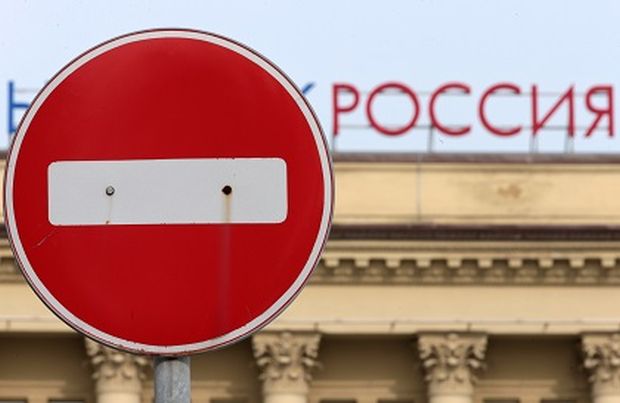
Sanctions are no panacea
By the way, the aim of any sanctions, no matter the will Ukrainians toward the aggressor state, is not the collapse of the sanctioned state as such but the damage to the ruling regime, individuals and companies close to this regime, the country’s economy or its individual branches. Modern anti-Russian sanctions are just about that.
"We need to understand that sanctions are not always effective. For example, it may happen so that the authoritarian regime, under the influence of sanctions, mobilizes the population and becomes even more cruel. This is the path Russia is walking today. Another example is Iran. It cannot be claimed that the sanctions imposed since 2009 did not work. They have affected the economy and set Iran back in economic, technological sense. But the Iranian regime is still there - we've all seen demonstrations in December and January, and we see that the regime is still functioning there," said Deputy Director of the Situations Modeling Agency, Oleksiy Holobutsky.
Sanctions against Southern Rhodesia, the country seeking independence, made a relatively democratic state, one of Africa’s richest, a what is known today as Zimbabwe (a 40-year period of "governance" of Putin's friend Robert Mugabe ended only last year, and it was only under the pressure of the country’s military who set up a coup). On the other hand, almost 30 years of sanctions against South Africa did yield an initially sought result – apartheid has been abolished.
Another example of only a partial success of sanctions is North Korea. The DPRK, who considers itself a nuclear power, has been targeted by restrictive measures since 2006. But this did not in the least prevent North Korea from carrying out more nuclear tests in 2009, 2013 and 2017. Throughout this period, sanctions against North Korea have been getting tougher. North Korean authorities, from time to time, go for some negotiations, bargain, manage to win some temporary easing, and then again start launching missiles again...
Often the application of restrictive measures is needed when no one wants to unleash a new world war, while diplomatic tools don’t work. It is interesting though that the ultimate economic blockade is extremely rare nowadays, like the one imposed by the Entente Bloc on Soviet Russia at the beginning of the past century. However, it did not last long (they eventually had to recognize the Bolsheviks’ authority and cooperate with them). There were also the UN, EU and U.S. sanctions of 1991 against Yugoslavia. Those measures banned UN member states from trading with the sanctioned state, imposing a full trade embargo and freezing all bank accounts. Restrictions were lifted only 10 years later. By that time, hardly anything was left from the former Federal Republic. And in 2006 Yugoslavia officially ceased to exist.
Kostyantyn Honcharov, Iryna Shevchenko

